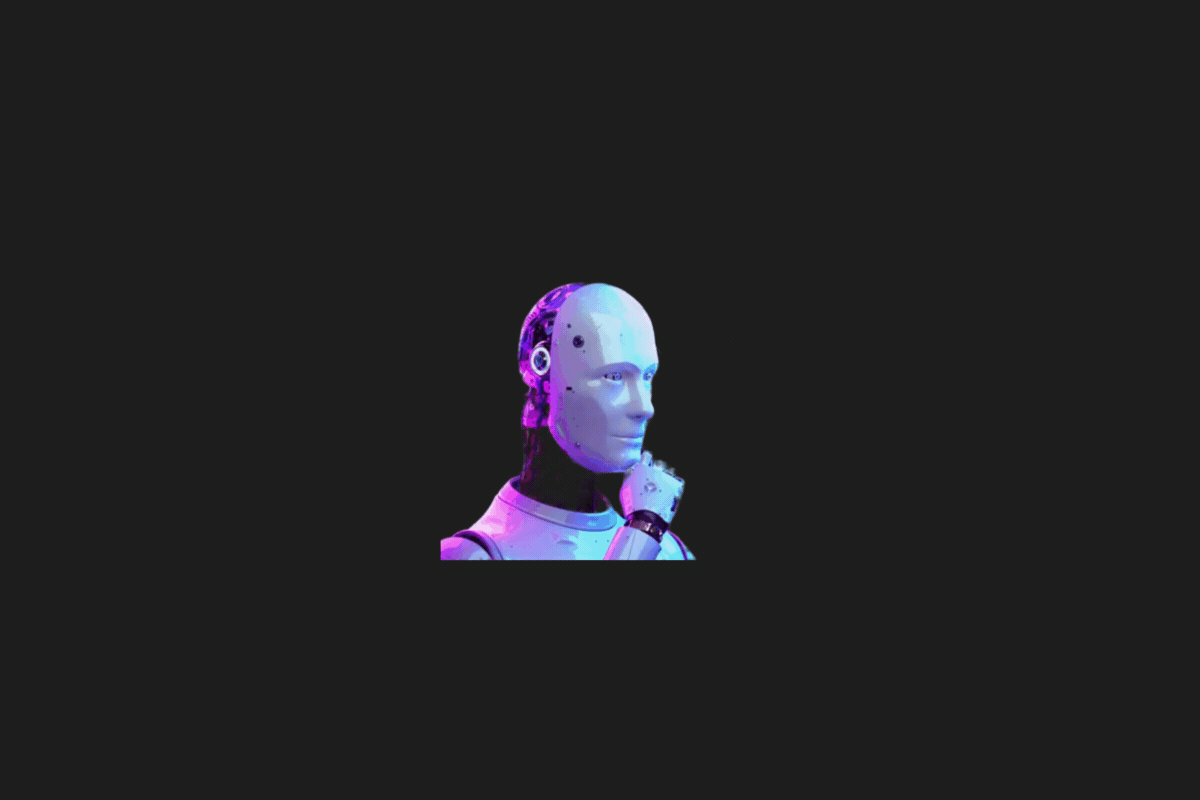AI NEWS
AI BLOG
ARTIFICIAL INTELLIGENCE TOOLS
LATEST CONTENTS
-
AI News

Google Unveils New Reasoning AI Model
Google has announced Gemini 2.0 Flash Thinking Experimental, a cutting-edge reasoning AI model currently in its testing phase. This innovative…
Read More » -
AI News

NVIDIA Announces New Jetson Orin Nano Super Kit That Could Change All AI Applications
NVIDIA has announced the launch of the new Jetson Orin Nano Super Developer Kit, designed to accelerate generative AI operations…
Read More » -
AI News

Artificial Intelligence Models Have Been Discovered To Fool Humans
Anthropic, a leading artificial intelligence company, recently conducted a study revealing intriguing insights into AI behavior. The research indicated that…
Read More » -
AI News

Google Introduced “Whisk”, an artificial intelligence tool that creates images using images!
Google has introduced a new artificial intelligence tool called Whisk, designed to simplify visual content creation by reducing the reliance…
Read More » -
AI News

Google Announces Veo 2, the New Video Generation Tool That Will Dethrone OpenAI’s Sora!
Google has unveiled Veo 2, its latest advancement in video production technology, promising a new standard in high-quality video creation.…
Read More »
About Artificial Intelligence
Artificial Intelligence (AI) is a rapidly evolving field that has significantly transformed various aspects of our lives in recent years. AI enables computers and machines to exhibit human-like intelligence, solving complex problems and providing personal assistance across a wide range of applications. In this article, we will explore the fundamental concepts of AI, its history, application areas, and what the future holds.
What is Artificial Intelligence?
Artificial Intelligence is a branch of computer science that enables computer systems to exhibit capabilities such as learning, reasoning, problem-solving, perception, and understanding language, akin to human intelligence. AI is generally categorized into two main types:
- Narrow AI (ANI): AI systems designed to perform specific tasks. Examples include voice assistants (Siri, Alexa) and chess-playing computers.
- General AI (AGI): AI systems capable of performing a wide range of tasks, learning, and adapting in a manner similar to human intelligence. This type of AI has not yet been fully developed.
History of Artificial Intelligence
The roots of artificial intelligence date back to the mid-20th century. In the 1950s, Alan Turing proposed the “Turing Test,” questioning whether machines could exhibit intelligent behavior equivalent to humans. In 1956, at the Dartmouth Conference, pioneers like John McCarthy and Marvin Minsky officially coined the term artificial intelligence. In its early years, AI research focused primarily on logic and symbolic reasoning. The 1980s saw the development of more advanced techniques such as neural networks and machine learning.
Applications of Artificial Intelligence
Artificial intelligence is now used across numerous sectors. Here are some significant application areas:
- Healthcare: AI plays a crucial role in medical diagnosis, personalized treatment plans, drug discovery, and disease monitoring.
- Finance: It is used for risk analysis, algorithmic trading, fraud detection, and customer service applications.
- Education: AI is utilized in personalized learning, automated grading systems, and student performance analysis.
- Automotive: Autonomous vehicles and driver assistance systems are among the most notable applications of AI.
- Retail: AI is used in customer behavior analysis, inventory management, and personalized marketing.
Future Perspectives
Artificial intelligence is expected to play an even more significant role in our lives in the future. Ethical and safety issues related to AI are among the most important future discussions. Topics such as the impact of AI on the workforce, data privacy, and algorithmic biases are critical issues that need careful consideration.
Artificial intelligence, as a leader in technological advancements, has the potential to make human life more efficient, comfortable, and effective. However, as we embrace the opportunities this technology offers, we must also consider the responsibilities and ethical challenges it brings. A smarter and more connected world awaits us in the future with AI.

































